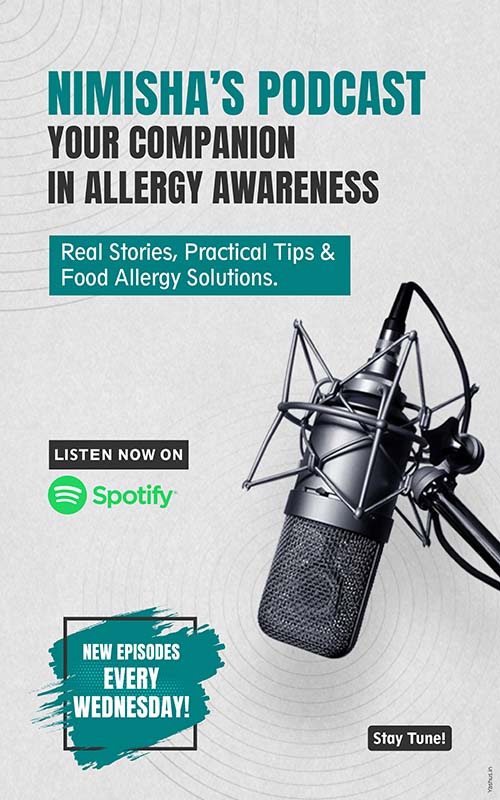Are you someone who is holding back from travelling the world just because you are allergic to peanuts? Well, peanut allergy should never be why you should not see the beautiful world. Peanut allergy occurs when the immune system misinterprets proteins of peanuts as toxic, which leads to the peanut allergy. As a result, your immune system releases substances into your bloodstream that lead to symptom onset, whether you have direct or indirect contact with peanuts.
Symptoms and causes of Peanut allergy
Symptoms of peanut allergy vary from skin reactions to tightening of the throat, which can result in death, depending upon the precautions and measures you take to avoid being in contact with peanuts or consuming them. Several factors are reasons for your peanut allergy, including age, atopic dermatitis, etc.
Precautions to take
You can take several precautions to avoid coming in contact with peanuts indirectly or directly, and are listed below:
- Verify the policy of airlines that you will be using to travel because each airline has a different nut allergy policy. The greatest thing you can do is to look up the required safety measures in an airline’s policy before your journey. You can call the airlines directly or check their websites for the same.
- Even though some airlines provide nut-free meals as a perk, you must carry your food along with you on the plane in case they won’t have peanut-free food or if the serving staff is unaware of the ingredients in the foods they’re offering.
- Bring your medical records with you on the plane and keep them in handbags, not luggage. Proof of your allergy at the airport is a brilliant idea, even though it isn’t always necessary. The documents include a doctor’s note certifying your fitness to fly and outlining your medical background.
- Keep your prescription drugs with you at all times, especially during flights. Don’t forget to pack antihistamines, an EpiPen, and all other medicines you need. Additionally, keep in mind that EpiPen’s have expiration dates, so if you’re planning a lengthy trip, be sure your supply will last the entire time. Also, keep all the medication in abundance.
Never put your allergies at unnecessary risk. Always be careful and do thorough research about everything primarily related to food. Mention that you are allergic to peanuts whenever and wherever you can. Follow all the instructions that are mentioned above.












